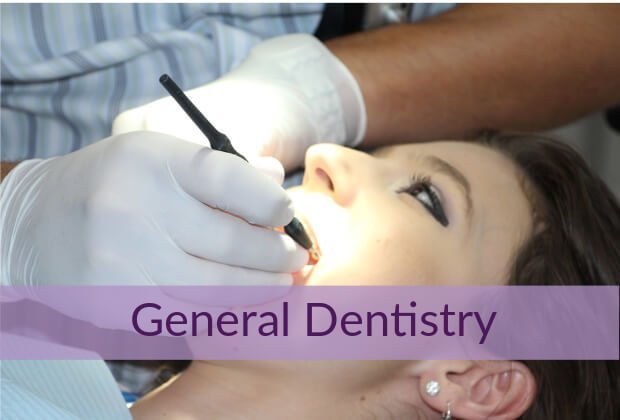Maintaining good dental care is crucial for overall health and well-being. However, many individuals often overlook the importance of regular dental checkups and preventive dental treatments until they experience severe dental issues. Failure to practice proper dental hygiene can result in plaque accumulation, cavities, gum disease, and tooth loss. Furthermore, complex dental procedures like root canals and dental implants can be expensive, and costs can add up quickly.
This article discusses the significance of preventive dental treatments and how they can save both time and money in the long run.
What are preventive dental treatments?
Preventive dental treatments refer to procedures that aim to promote good oral health and prevent dental problems. These treatments include regular dental checkups, cleanings, fluoride treatments, sealants, and X-rays. By undergoing these procedures, one can detect and address dental issues before they become more severe.
Benefits of preventive dental treatments
Early Detection of Dental Problems Regular dental checkups enables dentists to identify dental issues at an early stage. Early detection allows individuals to avoid invasive and costly treatments in the future.
Cost Savings Preventive dental treatments are less expensive than extensive dental procedures like root canals or dental implants. By investing in preventive treatments, individuals can save thousands of dollars on dental procedures.
Promotes Good Oral Hygiene Preventive dental treatments encourage good oral hygiene habits, which can prevent dental problems from occurring. For instance, regular cleanings and fluoride treatments can help prevent cavities.
Saves Time Preventive dental treatments are quick and easy procedures that can be performed during regular dental checkups. By prioritizing preventive treatments, individuals can avoid time-consuming and invasive procedures in the future.
Preventive Dental Treatments That Can Save Time and Money
Regular Dental Checkups Regular dental checkups are fundamental to preventive dental care. During these appointments, dentists examine teeth, gums, and the mouth for any signs of dental problems. Early detection of dental issues can save individuals both time and money in the long run.
Cleanings: Professional cleanings remove plaque and tartar buildup, which can cause cavities and gum disease. By getting regular cleanings, individuals can prevent dental problems and avoid more expensive treatments in the future.
Fluoride Treatments: Fluoride treatments help to strengthen teeth and prevent the formation of cavities. These treatments are quick and easy and can be performed during regular dental checkups.
Sealants: Sealants are a thin, protective coating applied to the chewing surfaces of back teeth. They can help prevent cavities by creating a barrier between teeth and bacteria that cause decay.
X-rays: X-rays are a critical tool for detecting dental problems that are not visible during regular dental exams. These procedures can identify cavities, gum disease, and other dental issues in their early stages.
Conclusion
Preventive dental treatments are essential for maintaining good oral health and preventing dental problems. By undergoing regular dental checkups, cleanings, fluoride treatments, sealants, and X-rays, individuals can detect and treat dental issues before they become severe. These preventive treatments can save time and money in the long run by preventing the need for more invasive and costly dental procedures. It is crucial to visit a dentist regularly and practice good oral hygiene habits, including preventive dental treatments.


Recent Comments